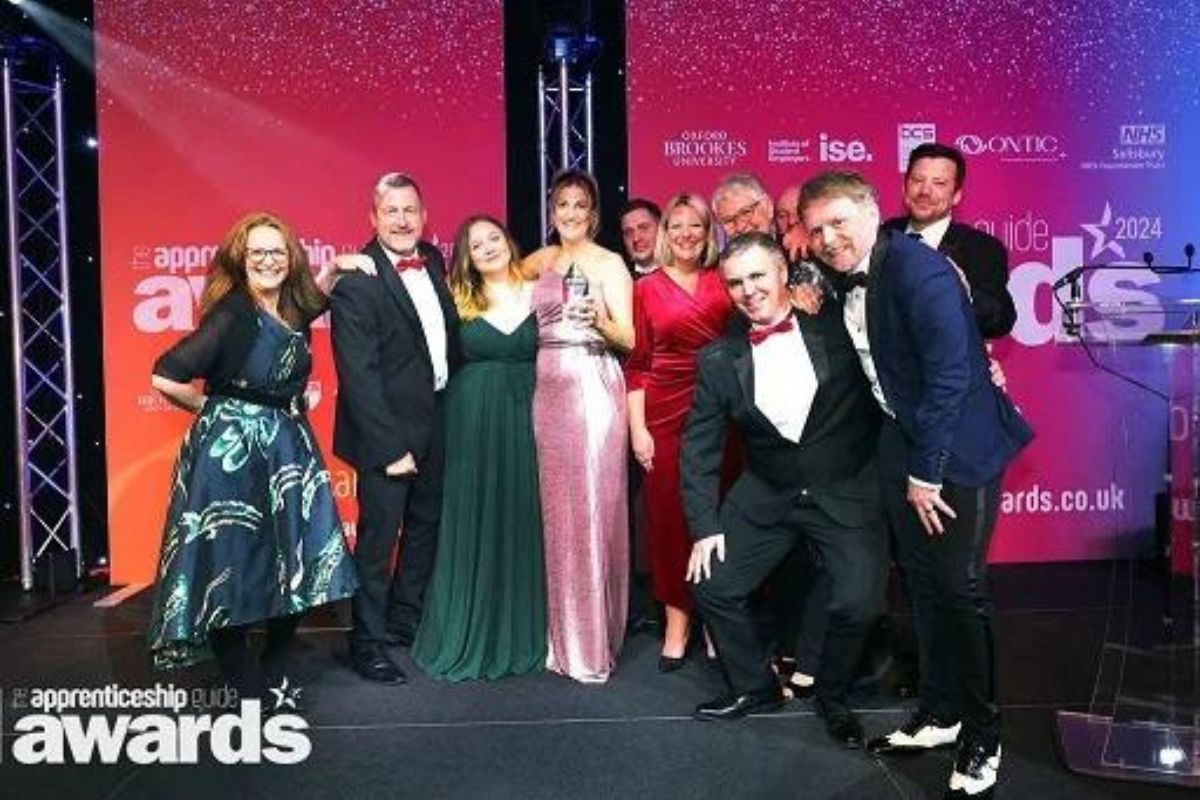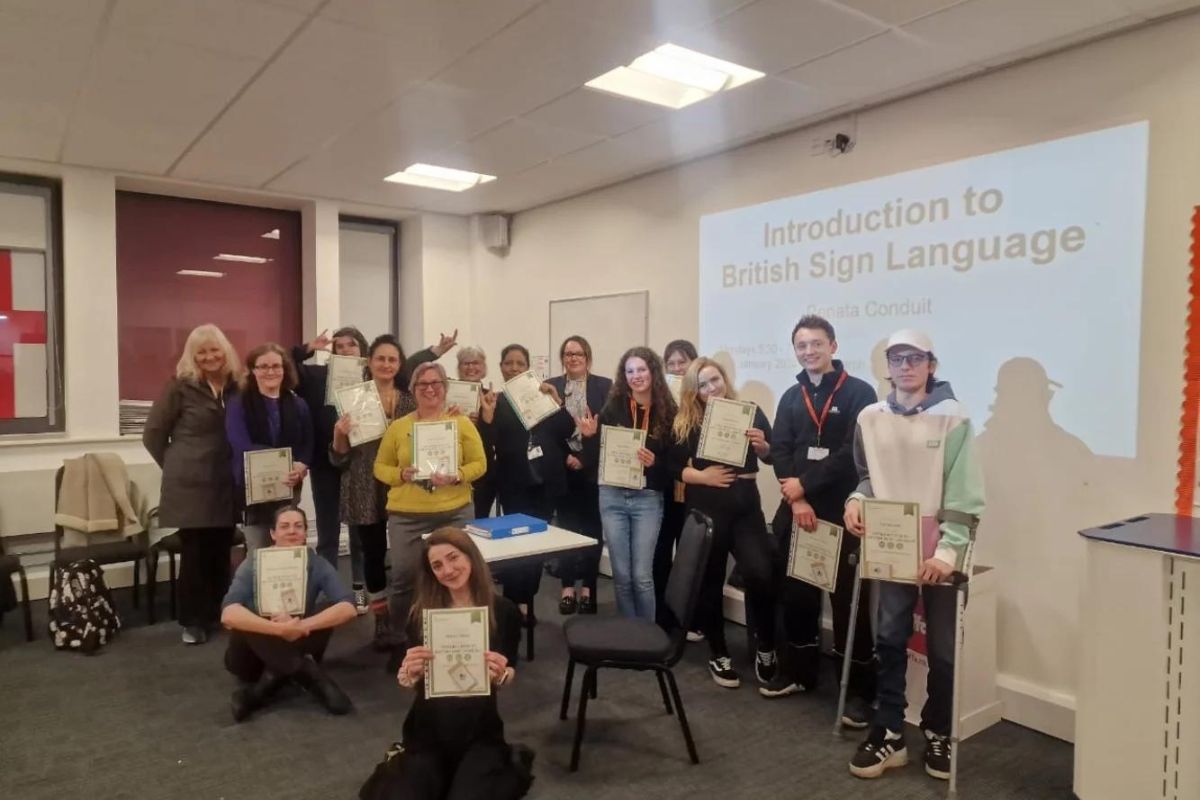What Does the Neurodiversity Movement Teach Us?

Dr Nancy Doyle discusses how the current cost model for special educational needs in further education is wrong. For teaching and learning to be for all, this approach needs to be reframed.
The Future of Literacy
Imagine for a second what the future of literacy will look like. Today, mobile phone and standard word processing can translate speech to text and text to speech. Seeing AI can be pointed at any words which will then be spoken aloud. The ease by which we can record video messages now matches the mass reach that was, for most of the 18th, 19th and 20th centuries the domain of the printing press. Let’s consider the impact of the technology revolution on neurodivergent learners.
The Challenges Faced by Neurodivergent Learners
Dyslexics, who have spent 12 years in education feeling worthless often enter FE and workplace with a dim view of their value. Many dyslexics have amazing mechanical, visual, spatial and creative skills, but these are poorly measured in the GCSE system, so they are rarely able to form a career minded identity around them. ADHDers, who need to move to think, have been sat in rows through secondary school. Autists who cannot process in busy places due to sensory overwhelm have been forced into high levels of attendance. Dyspraxics have been scolded for poor handwriting when assistive technology is ubiquitous.
The Opportunities in Further Education
Further education is, for many neurodivergent young people, the first time they can indulge their specialism to the exclusion of their challenges. There are fewer arbitrary rules and more decompression time. Further education is an opportunity for many neurodivergents to thrive, the first time they can see a future for themselves. We can make this even more transformative by leaning into the technological accommodations that they can expect in the world of work.
The Role of Assistive Technology
Dyslexic and dyspraxic students can use assistive technology to remove literacy and fine motor control barriers, ADHDers can use the same to increase concentration. Autistic students can make the most of online resources to reduce in person time. There are more and more applications to support time management and planning, which benefit all neurodivergent students, and even some to help manage emotional overwhelm. The reality of modern workplaces is that assistive technology is now readily available, and a student’s best shot is to become competent at producing fast and accurate work using these tools. There is no need to teach remedial spelling in a world of predictive text, we should instead be focusing on competence with software such as a Grammerly and the read aloud functions in Microsoft Word.
The Skills Needed for the 21st Century
The World Economic Forum’s Skills for the 21st Century report indicates that creativity, innovation, problem solving, and entrepreneurial flair will be in demand for the rest of the century. Neurodivergent students tend to bring these skills more than their neurotypical counterparts. By removing the stumbling blocks of academic convention through assistive technology we create space for the next generation to develop more of what they will need, and less of what they will not. The approach to special educational needs in FE needs a framing flip – instead of how much extra help can we afford to give, we should be asking how to embed adjustments into everyday teaching and learning for all, so that we can focus on ideas, potential and ambition.
Rethinking the Traditional Cost Model for SEN
The traditional cost model for SEN involves an expensive and time-consuming assessment, followed by the provision of what are now basic, ubiquitous bits of kit and small concessions such as wearing noise cancelling headphones, and sitting exams in a quiet space. With referrals for diagnosis reaching an all-time high, the time has come to question this model. What we can learn from the neurodiversity movement is that there is a wide range of learning styles that currently fall outside the academic norm. By expanding the normal conventions to include modern technology and flexibilities to accommodate sensory processing differences, we could reduce the need for reactive, remedial intervention.
The Opportunity to Personalize Learning
It doesn’t surprise me that dyslexia, ADHD, and Autism were “discovered” in the Industrial Revolution as the world progressed from rural, apprenticeship-based careers to densely populated, standardised protocols. Our gene pool has been more diverse than that since we walked on two legs. The opportunity right now is to personalise learning in the same way that we are personalising medicine, building in options so that the systems we use aren’t rigidly configured to the average Joe. Neurodivergent needs are predictable – sensory sensitivity, assistive technology, flexibility to decompress when needed – these are not hard to implement if we can signpost people to them without the expensive diagnosis paywall.
Moving Towards a Culture of Flexibility and Support
Instead of screening for diagnosis and medicalising difference, we need to screen for supports that are easily available and affordable. This additionally benefits the FE learner in building autonomy and self-awareness, understanding themselves so that they can advocate for themselves in their future careers. Removing the diagnosis gateway is also more intersectionally inclusive – diagnosis is privilege, and many can’t afford it or a fearful to add yet another stigmatising label when they are already marginalised by race, ethnicity, gender + gender identity, sexuality or physical disability.
Conclusion
Neurodiversity inclusion is a cultural change, we are moving from the idea that flexibility is scarce and needs to be restricted to only those who possess the golden ticket of a label, to the idea that flexibility is omnipresent, built into everyday technology and essential to facilitating high performance for all. Let’s build a culture where we ask all students, “how can we support you to learn at your best?”
By Dr Nancy Doyle, C. Psychol, Chief Research Officer, Genius Within










I didn’t realise flexibility was scarce: , many students – even those who did not possess a genius within – have coped with Maths, English, Geography, etc to achieve results which allowed a future career in a variety of industries. But it may be scarce in other groups, in the way golfing talent isn’t guaranteed among a gathering of forty eager poets.